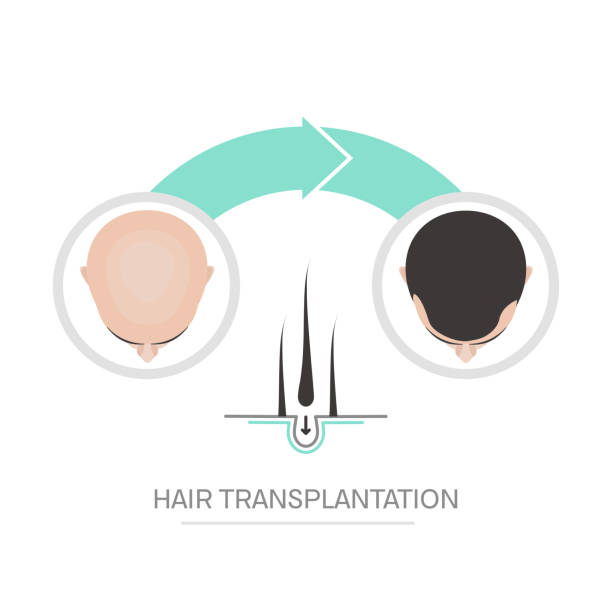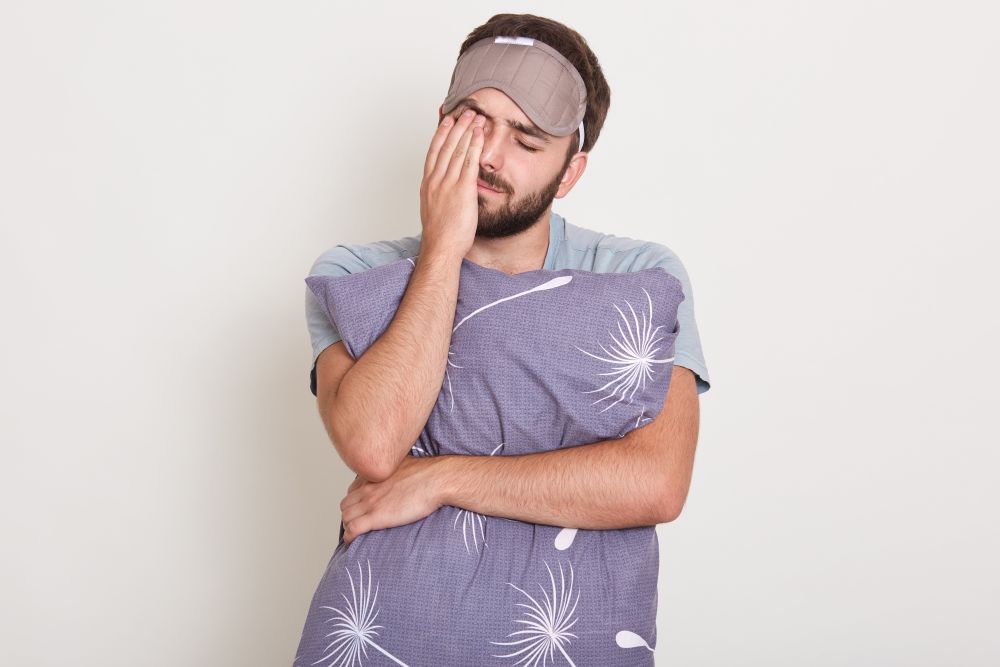Night-time teeth grinding, known as sleep bruxism, can wear down enamel, trigger jaw pain and headaches, and even crack dental work.
Many people do not realise it is often linked to what is happening in the airway while you sleep. The good news is that you can bring it under control with a clear plan.
First, check for sleep apnea and treat it
A large share of adults who grind their teeth during sleep also have obstructive sleep apnea (OSA), where the airway narrows and your body briefly wakes to restart breathing.
Several clinical studies show that when OSA is treated with CPAP (continuous positive airway pressure), bruxism episodes drop significantly.
CPAP was also found more effective than mandibular advancement devices at reducing bruxism events when sleep apnea coexists.
Why this matters: if your grinding is being triggered by repeated airway collapses and arousals, a mouthguard will only protect teeth. It will not fix the airway. In contrast, CPAP keeps the airway open all night, which can reduce both apnea events and the jaw’s “protective” grinding that follows them.
Action steps
Talk to your dentist and a sleep physician if you have loud snoring, daytime sleepiness, morning headaches or worn teeth. A sleep study can confirm or rule out OSA.
If OSA is diagnosed, start the prescribed CPAP. Many patients see fewer grinding events once CPAP is used regularly.
Medical note: CPAP is a prescription therapy. Start or change CPAP settings only under a doctor’s supervision.
Support CPAP with smart dental and lifestyle fixes
Even when CPAP addresses the airway, protecting teeth and calming the jaw muscles speeds relief.
Custom night guard (occlusal splint).
A dentist-made guard cushions the bite, prevents enamel wear and reduces morning soreness. It does not treat apnea but pairs well with CPAP.
Mandibular advancement device (MAD).
If you have mild to moderate OSA or cannot tolerate CPAP, your doctor may recommend a MAD that holds the lower jaw forward during sleep. These devices can help both airway patency and bruxism in selected patients.
- Calm the triggers.
- Cut back on caffeine, alcohol and smoking in the evening.
- Avoid chewing gum or hard foods late in the day to give jaw muscles rest.
- Add 20–30 minutes of exercise and a short wind-down routine at night.
- Keep the bedroom cool and dark, and sleep at consistent times.
Warm compress for 10 minutes before bed and gentle range-of-motion exercises reduce clenching intensity. Your dentist or physiotherapist can show you a simple routine.
Consider adjunct options for severe cases.
In resistant bruxism with muscle pain, your clinician may discuss short-term muscle relaxants or botulinum toxin. This is typically reserved for severe, tooth-damaging cases after dental and sleep causes are addressed.
NCBI
How to know you are improving
- Fewer morning headaches and less jaw stiffness.
- Partner notices less grinding noise.
- Dental checkups show reduced wear and healthier gums.
If you use CPAP, your compliance reports and follow-up sleep data improve alongside symptoms.
PMC
When to seek help quickly
Book an appointment with your dentist and consider a sleep consult if you notice flattened or chipped teeth, receding gums, cracked restorations, severe jaw pain, or if you snore loudly and feel unrefreshed despite a full night in bed. Addressing possible OSA early protects both your heart and your teeth over the long term.
ScienceDirect
Key takeaway for India-based readers
If you grind your teeth at night, rule out sleep apnea first. For apnea-related bruxism, CPAP is the primary therapy that tackles the root cause, with dental guards and daily habits protecting teeth and easing muscles. Work with both a dentist and a sleep physician for a plan that fits you.
Disclaimer: This article is for education only and is not a substitute for personal medical advice. Always consult your doctor or dentist for diagnosis and treatment tailored to you.



